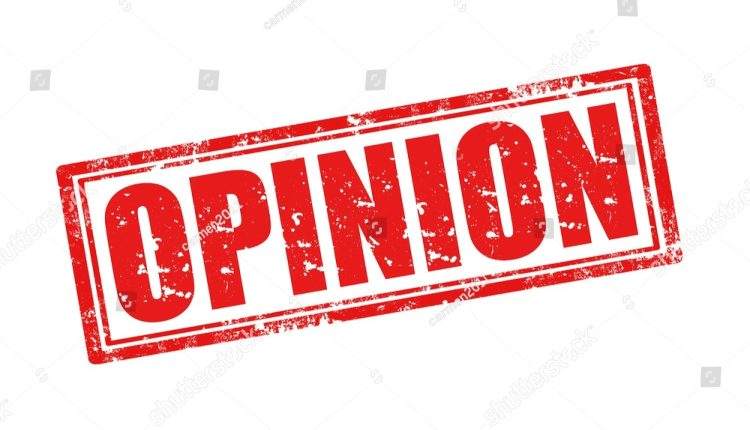Kashmiris’ Struggle for Equality: The Unequal Reality of a World that Professes Equality
Malik Suhaib
Kashmiris, for decades, have been struggling for their basic rights, including the right to self-determination, in a region marked by violence, repression, and conflict. Despite the efforts of the international community to promote the principles of equality and respect for human rights, Kashmiris continue to face discrimination, marginalization, and violence in a world that professes equality.
The history of Kashmir is complex and contentious, shaped by a legacy of colonialism, partition, and an unresolved international armed conflict between Pakistan and India. The disputed region, which has a majority Muslim population, has been subjected to political and military interventions, leading to a protracted conflict that has caused immense suffering and displacement.
The Indian government has imposed a multitude of repressive measures, including curfews and cordons, communication blackouts, and detention of political leaders, human rights defenders, and journalists, to suppress dissent and maintain control over the disputed region. These measures have only fuelled resentment and resistance among the Kashmiri people, who have long demanded their right to self-determination. The Indian government’s refusal to listen to the voices of the Kashmiri people and to engage in meaningful dialogue has perpetuated the conflict and deepened the humanitarian crisis.
The human toll of the conflict has been staggering, with one hundred thousand people killed, thousands injured, disappeared, and many more traumatized by the violence and insecurity. Women and children have been particularly vulnerable to abuse and discrimination. The militarization of the region has also had a devastating impact on the environment, including the degradation of forests, water bodies, and wildlife, as well as the loss of cultural heritage and identity.
The Kashmiri people have repeatedly demanded their right to self-determination, which is enshrined in international law and supported by the United Nations. However, their voices have often been silenced or ignored as major world powers have pursued their strategic interests and geopolitical rivalries. The Kashmir issue has become a flashpoint in the broader India-Pakistan rivalry, with both countries claiming sovereignty over the region and accusing each other of human rights violations and terrorism.
Post-2019 developments in Kashmir, such as the Indian government’s decision to abrogate Article 370 of the Constitution, which granted a special status to Jammu and Kashmir, and the subsequent lockdown and communication blackout, have further exacerbated tensions and the humanitarian crisis. These measures have caused immense hardship to the Kashmiri people, who have been cut off from the rest of the world and subjected to arbitrary detention, torture, and extrajudicial killings.
The Indian government’s claims that the abrogation of Article 370 was aimed at bringing development and prosperity to the region are baseless. The real motive behind this move was to further tighten the Indian government’s grip on the region and to suppress any dissenting voices. The Indian government’s actions have only fuelled resentment and resistance among the Kashmiri people, who have been denied their basic rights and dignity for far too long.
Unequal international support for Ukraine & Kashmir
The international community has been largely united in condemning Russia’s annexation of Crimea and supporting Ukraine’s sovereignty and territorial integrity. Many countries and multilateral organizations, including the United States and the European Union, have imposed sanctions on Russia in response to its actions in Ukraine. However, there is a disparity in the level of international support for Ukraine and Kashmir, with Ukraine receiving more visible and united support from the international community against Russian aggression while the conflict in Kashmir is more complex and has received less unified international attention. The international community has been less united in its response to the Kashmir conflict, with some countries taking a more hands-off approach and others advocating for more intervention.
One key difference between the two situations is the level of international involvement. In the case of Ukraine, the conflict has been more visible on the international stage, with many countries taking an active role in supporting Ukraine and opposing Russian aggression. On the other hand, the conflict in Kashmir has been more regional in nature, with India and Pakistan leading efforts to resolve the issue.
Responsibility of Int’l community to address the ongoing Kashmir dispute
The onus lies on the international community to address the ongoing Kashmir dispute and uphold the principles of equality and respect for human rights. The United Nations has repeatedly called for a peaceful resolution of the conflict based on the principles of self-determination and respect for human rights. However, major world powers have often prioritized their strategic interests and geopolitical rivalries at the expense of the Kashmiri people’s rights and dignity.
The international community must also hold the Indian government accountable for its human rights abuses in Kashmir, including extrajudicial killings, torture, and arbitrary detention of political leaders, human rights defenders, and journalists. Additionally, the international community should demand that the Indian government lift the communication blackout and grant unfettered access to the region for independent journalists and human rights organizations.
– The author is a Master’s scholar pursuing research in Peace and Conflict Studies.


